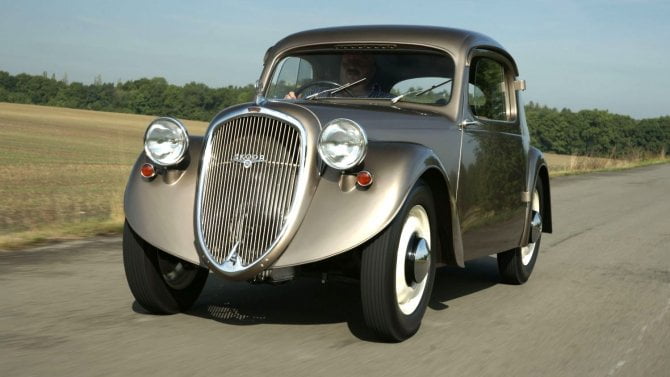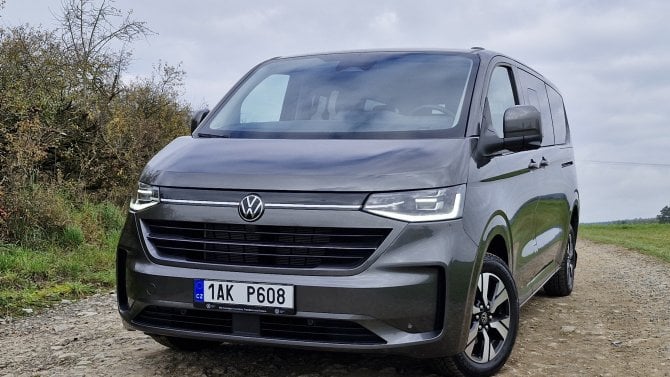...
BRUSSELS, June 22 (Reuters) - German Chancellor Angela Merkel and French President Nicolas Sarkozy sought on Friday to persuade Poland to compromise over a new treaty to govern the European Union but made little progress.
Polish President Lech Kaczynski said the late-night talks with the two leaders after the first day of an EU summit had been "very difficult", making clear Warsaw's concerns about plans to change the EU's voting system had not been appeased.
Hopes of a deal on the second and final day of the summit hung in the balance.
"Unfortunately I cannot say I am an optimist but it is my duty as a member of the European Council to carry on with talks and we will carry on with talks," Kaczynski told reporters.
The proposed reform of complex EU decision-making structures is needed for further enlargement of the bloc. The aim is to provide clearer leadership, a greater say for the EU on the world stage and for the European and national parliaments.
Kaczynski "froze the debate" by ruling out any compromise on the planned re-weighting of voting powers, Czech Prime Minister Mirek Topolanek told reporters. Britain also caused problems, saying it was not ready to back down over its "red lines".
A spokesman for Sarkozy said he made a proposal to the Poles and Merkel based on the so-called Ioannina Compromise, which would give states just short of a blocking minority an emergency brake to postpone decisions and force more negotiations.
Maerkel said there was a broad consensus among leaders to make all necessary efforts for an agreement. "Is that possible? It's not possible to say tonight," she said.
Merkel planned further bilateral talks on Friday with countries that had difficulties with Germany's efforts to secure a deal to launch talks on a new treaty that would replace the EU constitution rejected by French and Dutch voters in 2005.
RISK OF FAILURE
Failure could increase divisions in the union by prompting a small group of states to press ahead with closer integration, leaving others behind, and making richer countries more reluctant to aid poorer newcomers.
Leaders had mixed opinions on the chances of a breakthrough when they meet again for lunch on Friday.
"I think we are close to a conclusion," said Danish Prime Minister Anders Fogh Rasmussen.
"There have been no moves so I am a bit pessimistic," said Finnish Prime Minister Matti Vanhanen.
Prospects for a deal after years of wrangling over the division of power between Brussels and member states seemed to grow this week after Poland softened its opposition.
Nearly all other EU state favour the "double majority" voting formula requiring 55 percent of member states representing 65 percent of the EU population to pass decisions.
Warsaw has waged a fierce campaign against the German proposals, at times referring to its suffering under Nazi occupation. Leaders of Italy, France and Spain backed Germany's proposals, an Italian delegation source said.
British Prime Minister Tony Blair, the other leader who could scupper a deal, said before the summit Britain would sign up to a treaty only if its demands were met.
Britain does not want to be legally bound by a Charter of Fundamental Rights, which includes a broadly defined right to strike. It also wants to shrink the powers of a proposed EU foreign minister, seeks an opt-out from EU justice cooperation and opposes obligatory social security payments to migrants.
"The four areas we have set down, we do need satisfied and we do need satisfied in full," said Blair, at his last summit.
Luxembourg Prime Minister Jean-Claude Juncker said: "The big problem will not be Poland. It will be the United kingdom."
Eighteen EU nations ratified the constitutional treaty, but there is broad agreement to cut it significantly to allow France, the Netherlands and Britain to avoid referendums their governments might lose.
Some key institutional arrangements are set to be kept, such as creating a president of the European Council of governments elected for 2-1/2 years instead of the current six-month rotating presidency which has grown unwieldy in the enlarged EU.
Keywords: EU TREATY




 Tohle měla být Škoda pro chudé. Sagitta představovala zajímavý nápad, ale do série se nedostala
Tohle měla být Škoda pro chudé. Sagitta představovala zajímavý nápad, ale do série se nedostala
 Na Slovensku nově může člověk dostat pokutu za rychlost, pokud poběží na autobus. Po chodníku se teď musí chodit a jezdit nanejvýš 6 km/h
Na Slovensku nově může člověk dostat pokutu za rychlost, pokud poběží na autobus. Po chodníku se teď musí chodit a jezdit nanejvýš 6 km/h
 Test Volkswagen Caravelle Long 2.0 TDI 4Motion: Mikrobus do nepohody
Test Volkswagen Caravelle Long 2.0 TDI 4Motion: Mikrobus do nepohody
 Malý náklaďáček mnoha jmen: Škoda/Aero/Praga (A) 150 byla nedoceněným československým dříčem
Malý náklaďáček mnoha jmen: Škoda/Aero/Praga (A) 150 byla nedoceněným československým dříčem
 Řidička uvízla na železničním přejezdu, rychlík ji minul jen o kousek
Řidička uvízla na železničním přejezdu, rychlík ji minul jen o kousek
